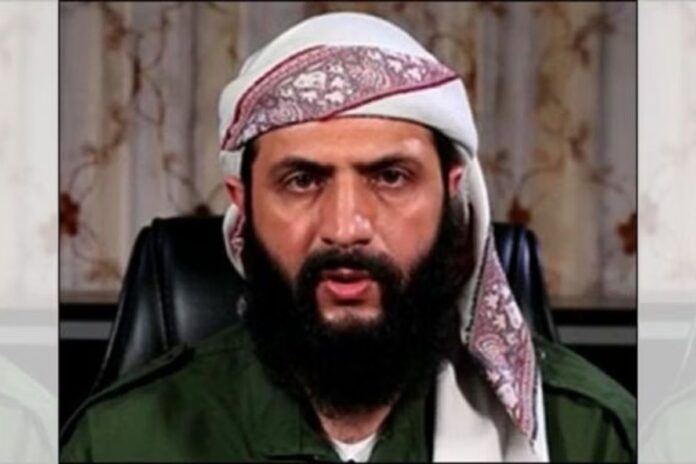After 13 years of brutal civil war, Syria has witnessed a seismic shift with the collapse of Bashar al-Assad’s regime. On Sunday, Assad reportedly fled Damascus following a swift offensive by the insurgent group Hayat Tahrir al-Sham (HTS), led by Abu Muhammad al-Jawlani. This development marks a significant blow to Assad’s key allies, Iran and Russia, whose unwavering support had propped up his government for over a decade.
“Assad is gone. He has fled his country. His protector, Russia, led by Vladimir Putin, was not interested in protecting him any longer,” said US President-elect Donald J. Trump in a statement on Truth Social. Highlighting the impact of Russia’s preoccupation with Ukraine, Trump noted, “They lost all interest in Syria because of Ukraine, where close to 600,000 Russian soldiers lay wounded or dead, in a war that should never have started, and could go on forever.”
Iran and Russia’s Declining Grip
Tehran and Moscow had been critical lifelines for Assad throughout the Syrian civil war. Beginning in 2011, Iranian forces from the elite Islamic Revolutionary Guard Corps (IRGC) and the Lebanese militia Hezbollah provided ground support to stabilize Assad’s regime. Russia, meanwhile, leveraged its military might by launching devastating airstrikes, particularly in 2016, to reclaim rebel-controlled territories. Its naval base in Tartus also secured a strategic foothold in the Mediterranean.
These efforts helped Assad regain much of Syria and maintain a tenuous stalemate for years. However, the escalating toll of the Ukraine conflict on Russia’s military and economic resources has diminished its focus on Syria, leaving Assad increasingly isolated.
Al-Jawlani’s Meteoric Rise
Hayat Tahrir al-Sham, once relegated to Syria’s Idlib province, has emerged as the architect of Assad’s ouster. HTS originated in 2017 from ideological splits between the al-Nusra Front and al-Qaeda. Although designated a terrorist organization by the United States in 2018 due to its al-Qaeda affiliations, HTS has undergone a transformation under Al-Jawlani’s leadership. Al-Jawlani, who carries a $10 million US bounty, has rebranded himself as a pragmatic leader focused on opposing Assad rather than perpetuating terrorism.
HTS collaborated with the Turkish-backed Syrian National Army to launch a series of offensives beginning in late November, capturing key cities like Aleppo, Hama, and Daraa before storming Damascus. This rapid advance has dramatically shifted the balance of power in Syria.
A Fractured Nation Looks Ahead
Syria’s Prime Minister Mohammad Ghazi al-Jalali, in a video address, pledged to remain in Damascus and facilitate a peaceful transition. He expressed support for free elections, signaling a potential roadmap for Syria’s fractured future. Meanwhile, Assad’s whereabouts remain unknown after his plane reportedly took a westward route, briefly turned around, and then went dark.
The Indian Ministry of External Affairs has issued a travel advisory urging citizens to avoid Syria amidst the uncertainty. “There are approximately 90 Indians still in the country, many working with United Nations programs,” said MEA spokesperson Randhir Jaiswal.
Implications for the Region
The fall of Assad’s regime is a significant geopolitical setback for Iran and Russia, whose influence in West Asia now stands diminished. Tehran’s long-standing investment in Syria as a strategic ally and Moscow’s role as a key regional powerbroker face substantial challenges. Analysts suggest that Turkey, through its proxy support for HTS, may seek to consolidate its influence in post-Assad Syria.
The ousting of Assad marks the end of an era for Syria but leaves the nation in uncharted waters. Al-Jawlani’s leadership will face scrutiny as he navigates the complexities of governance in a war-torn nation. The world watches closely as Syria begins to chart its path forward amidst profound uncertainty.

